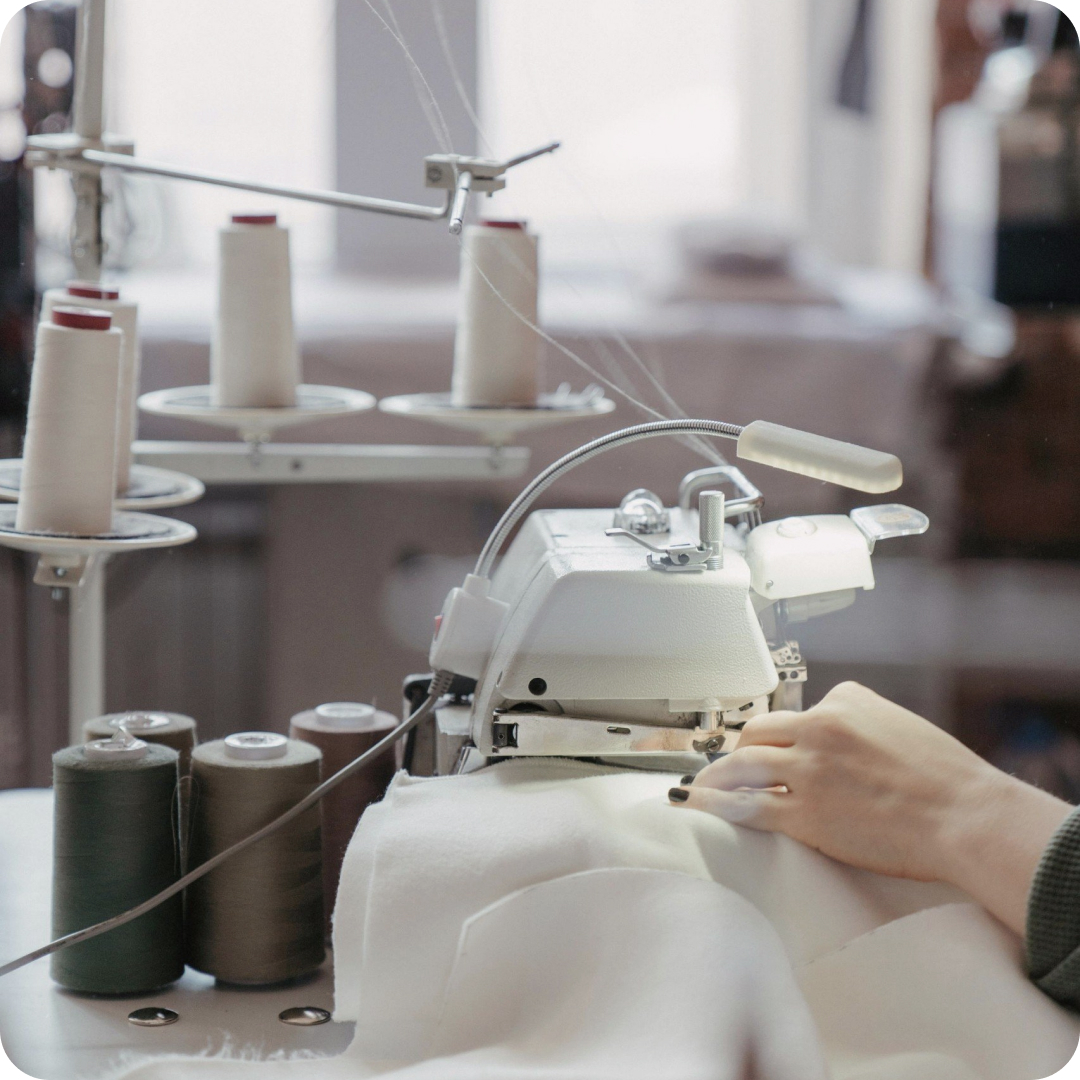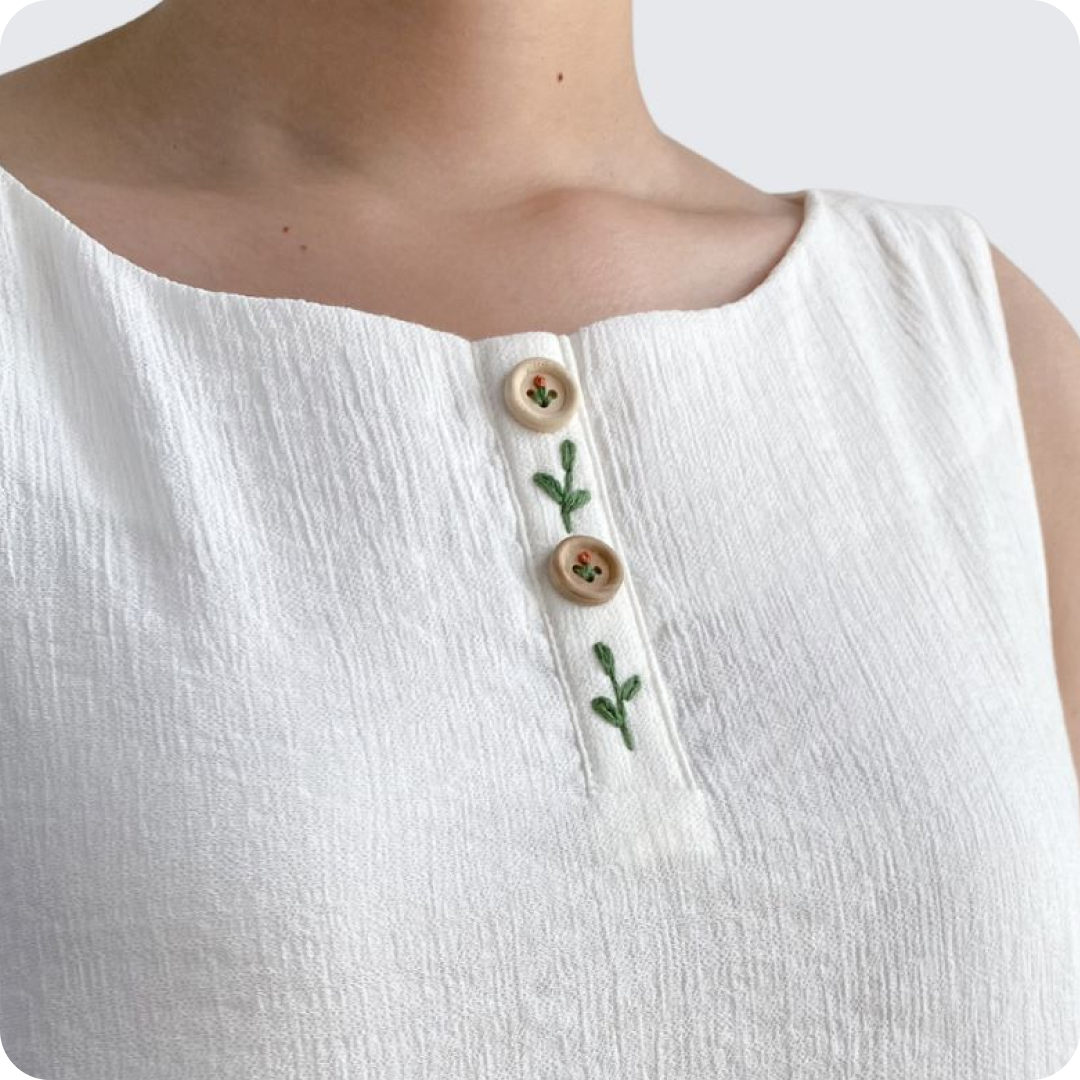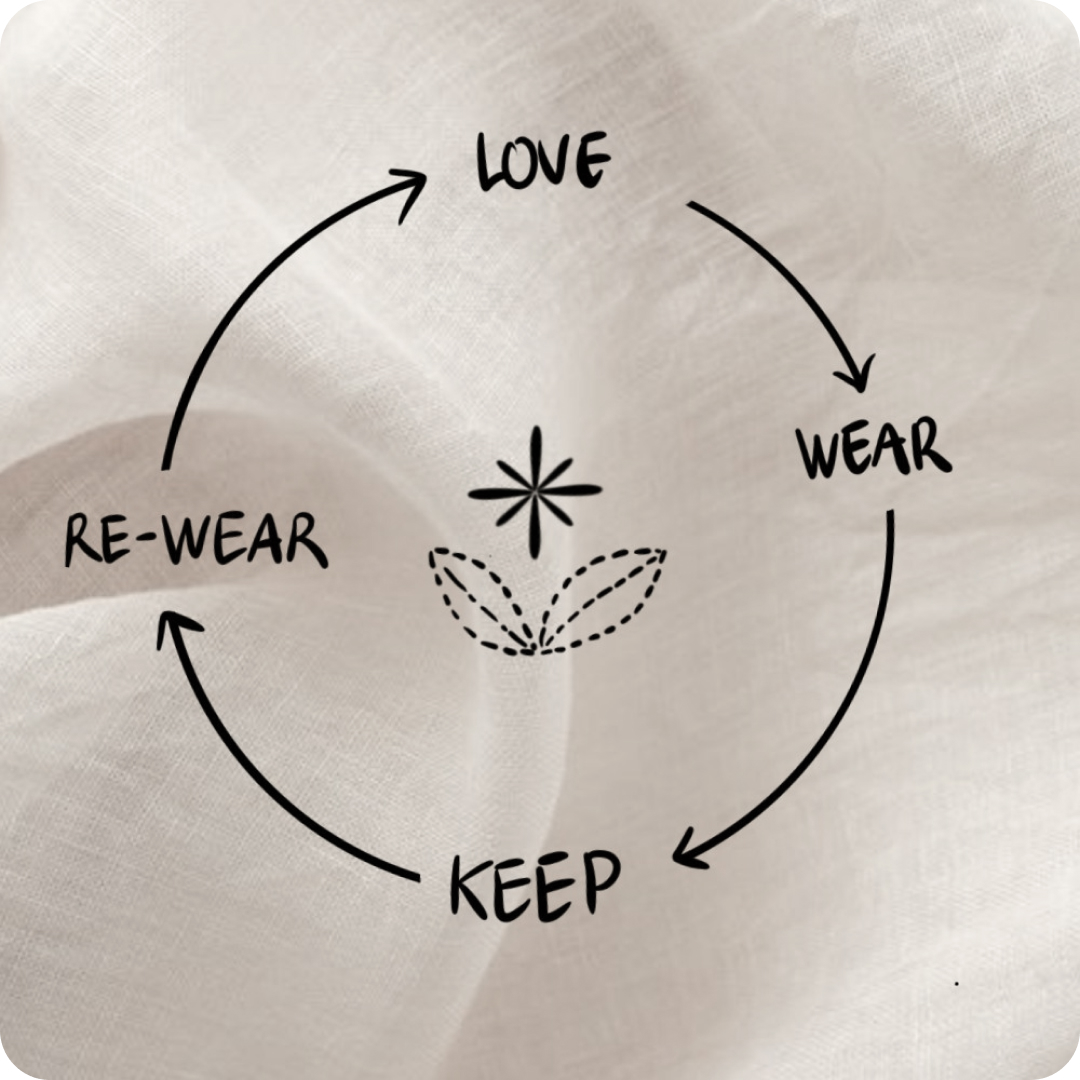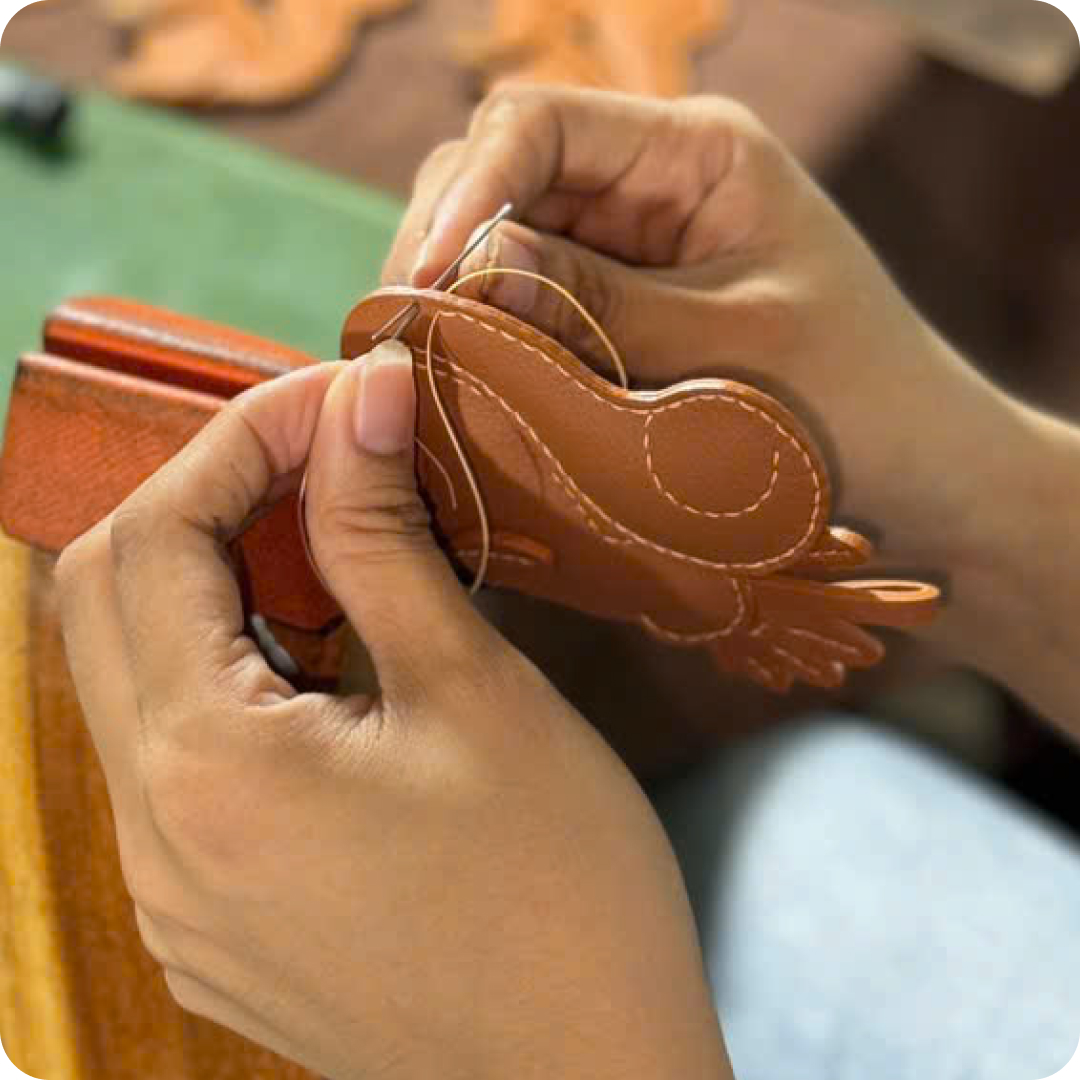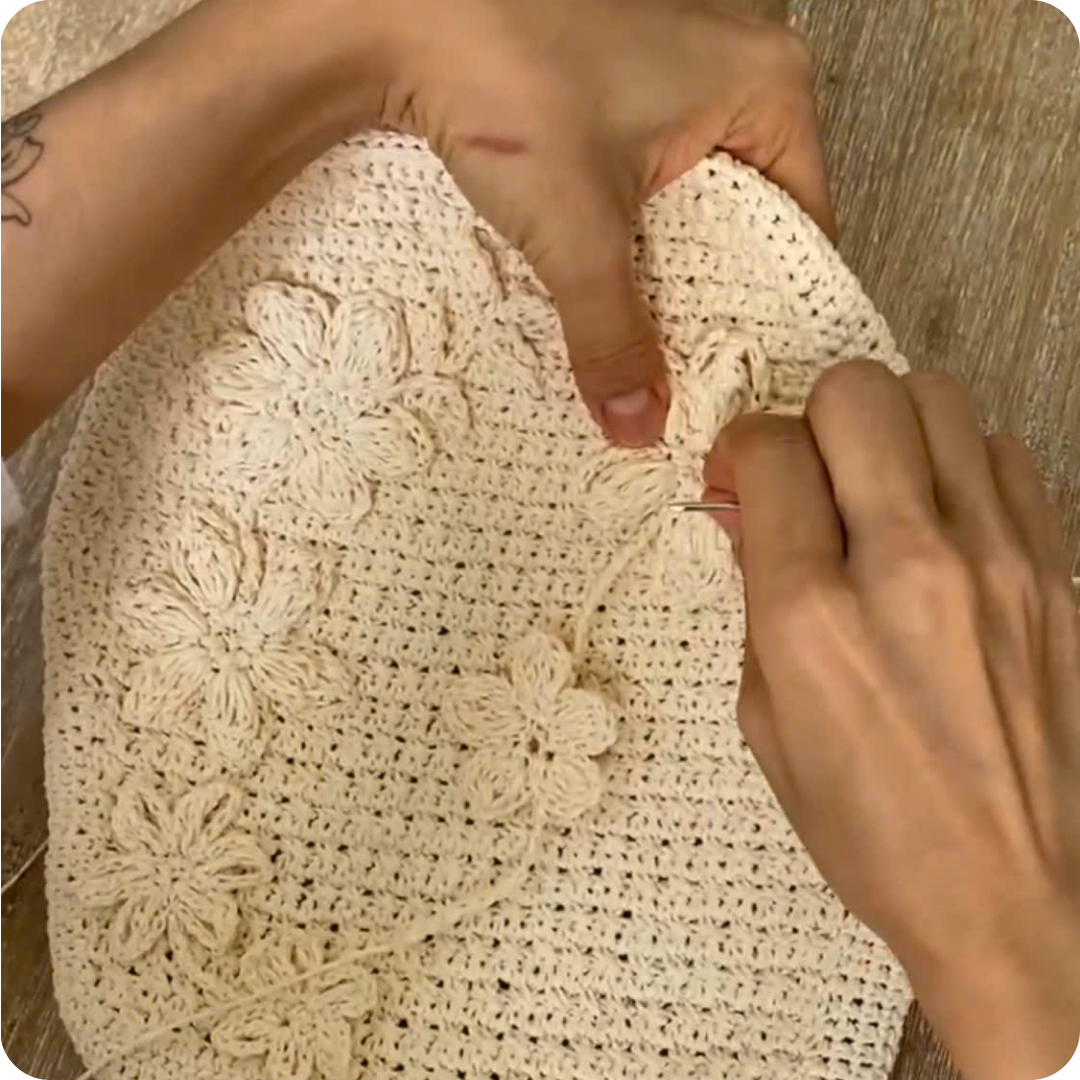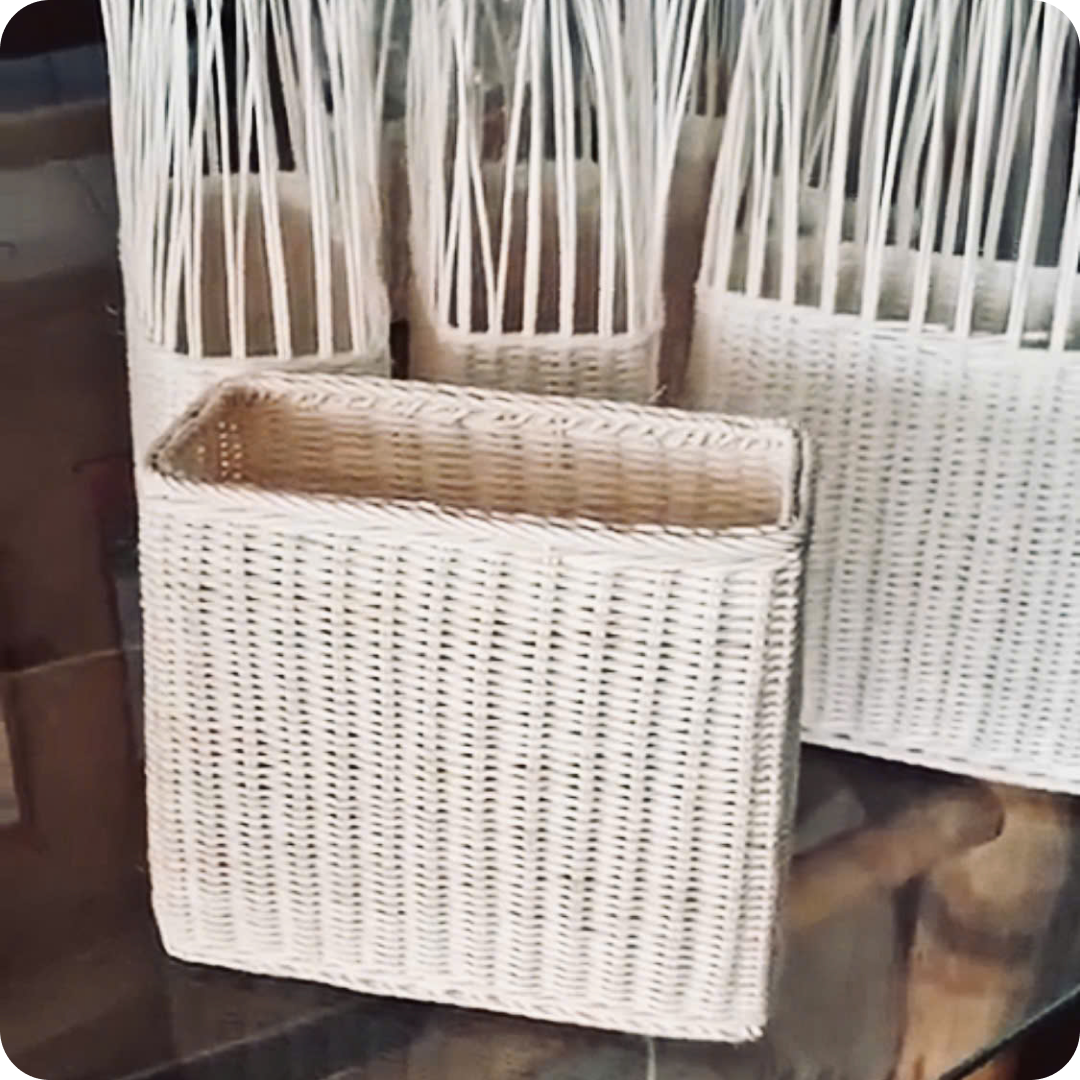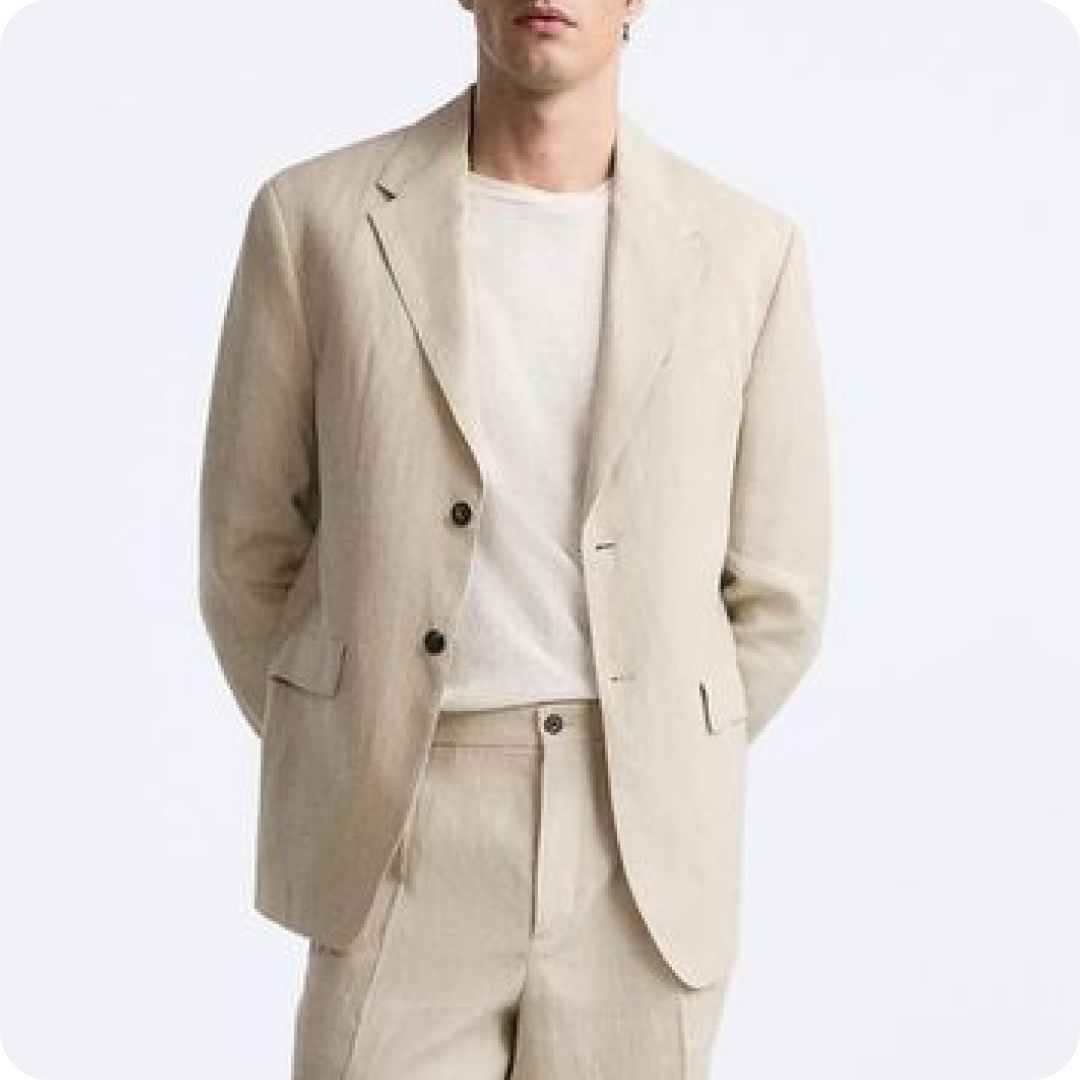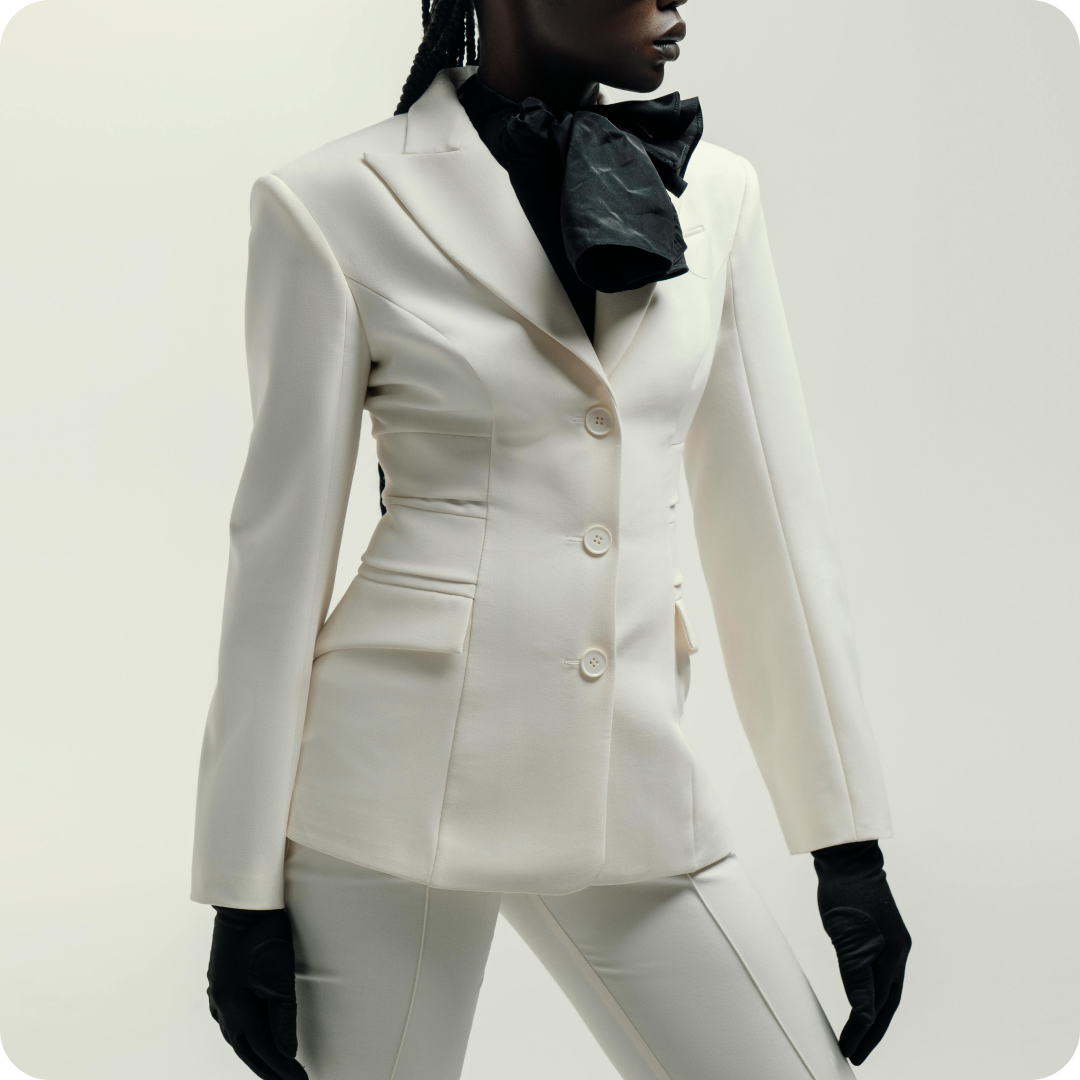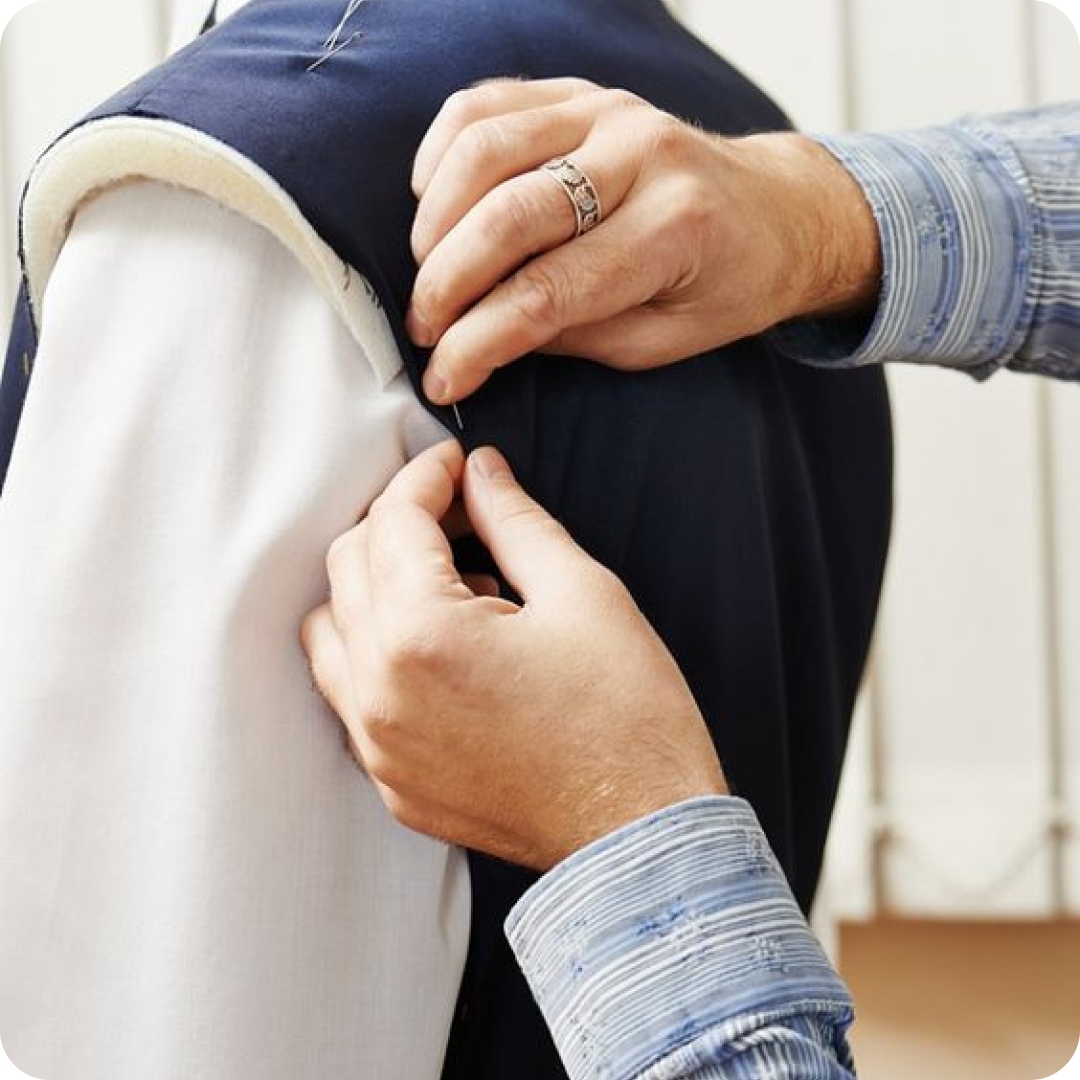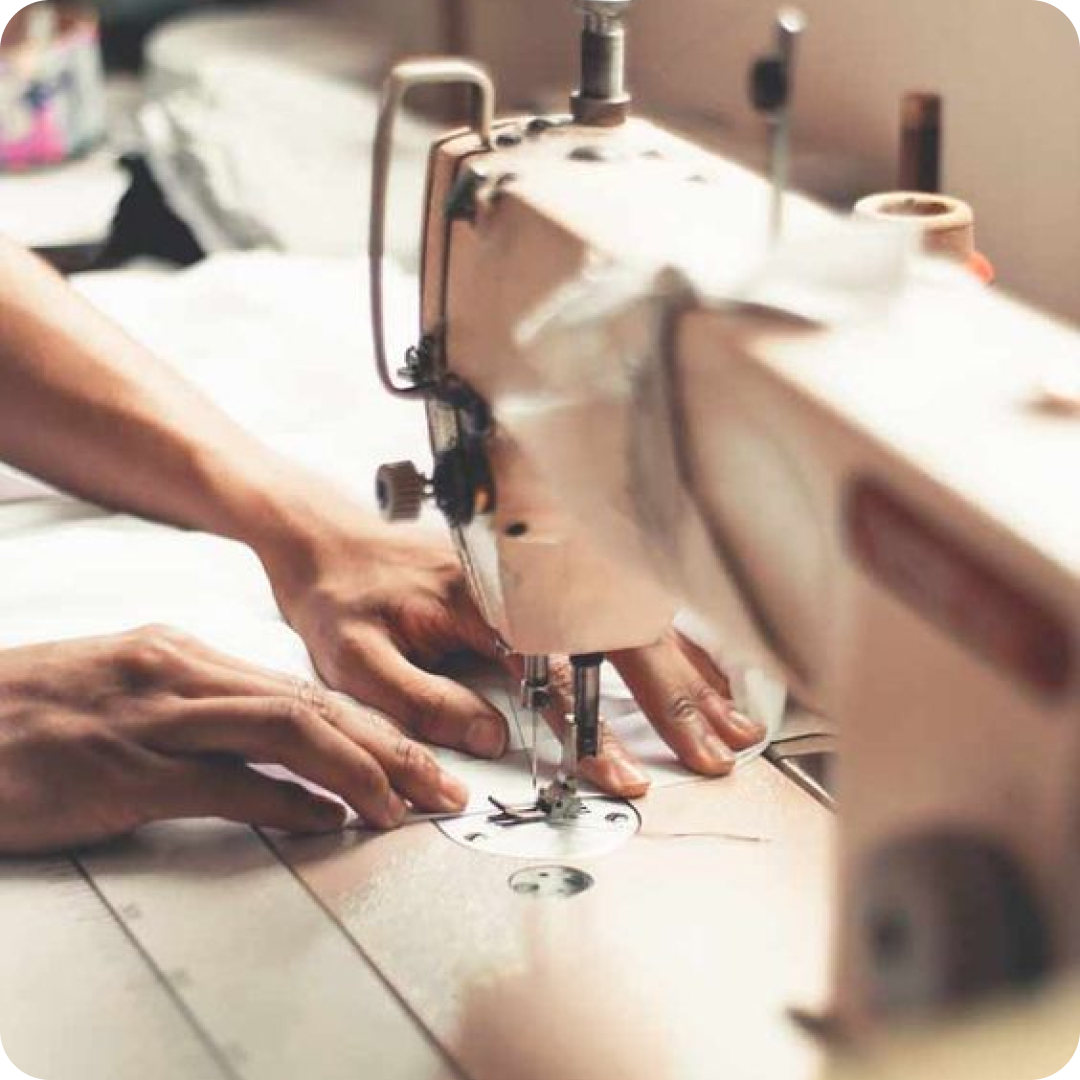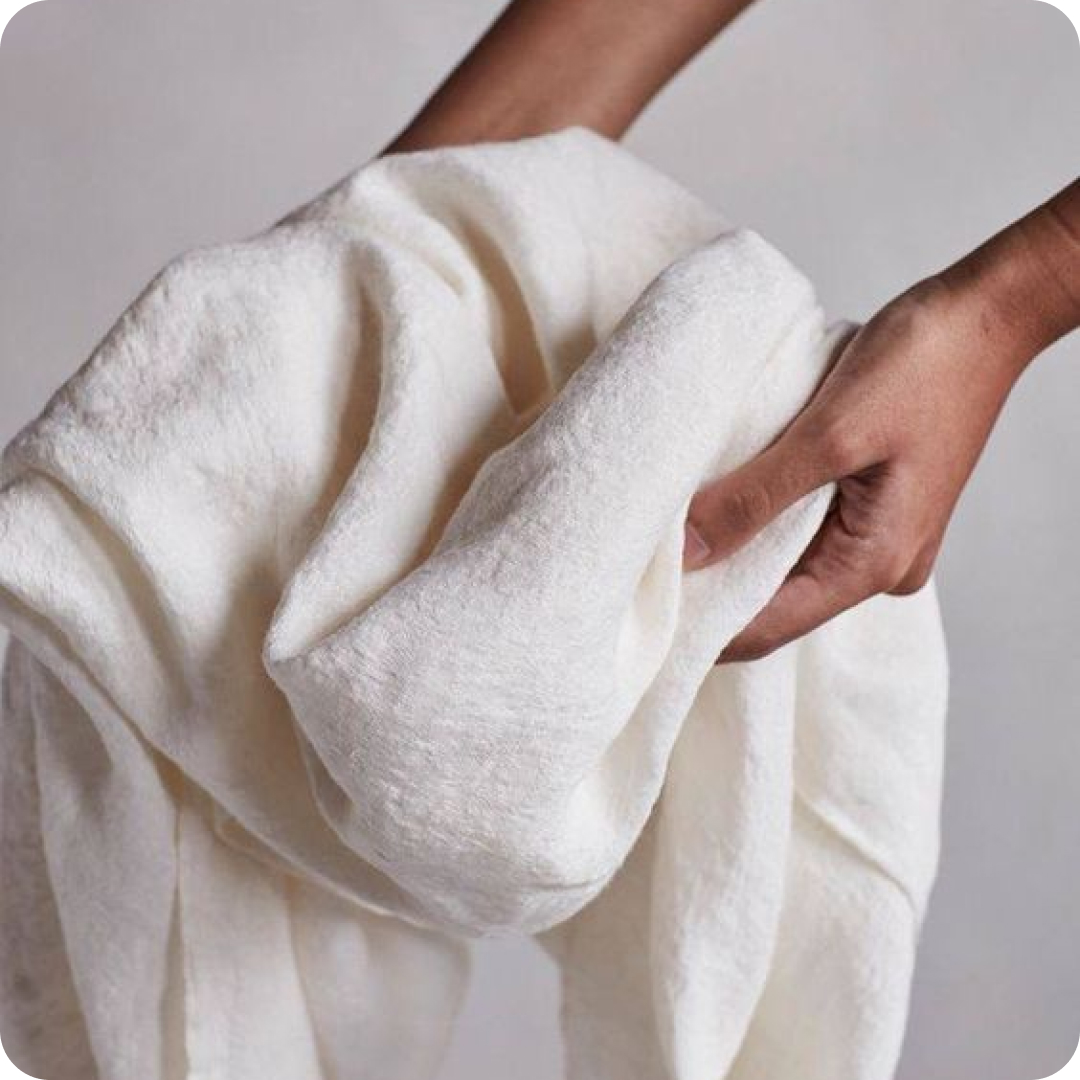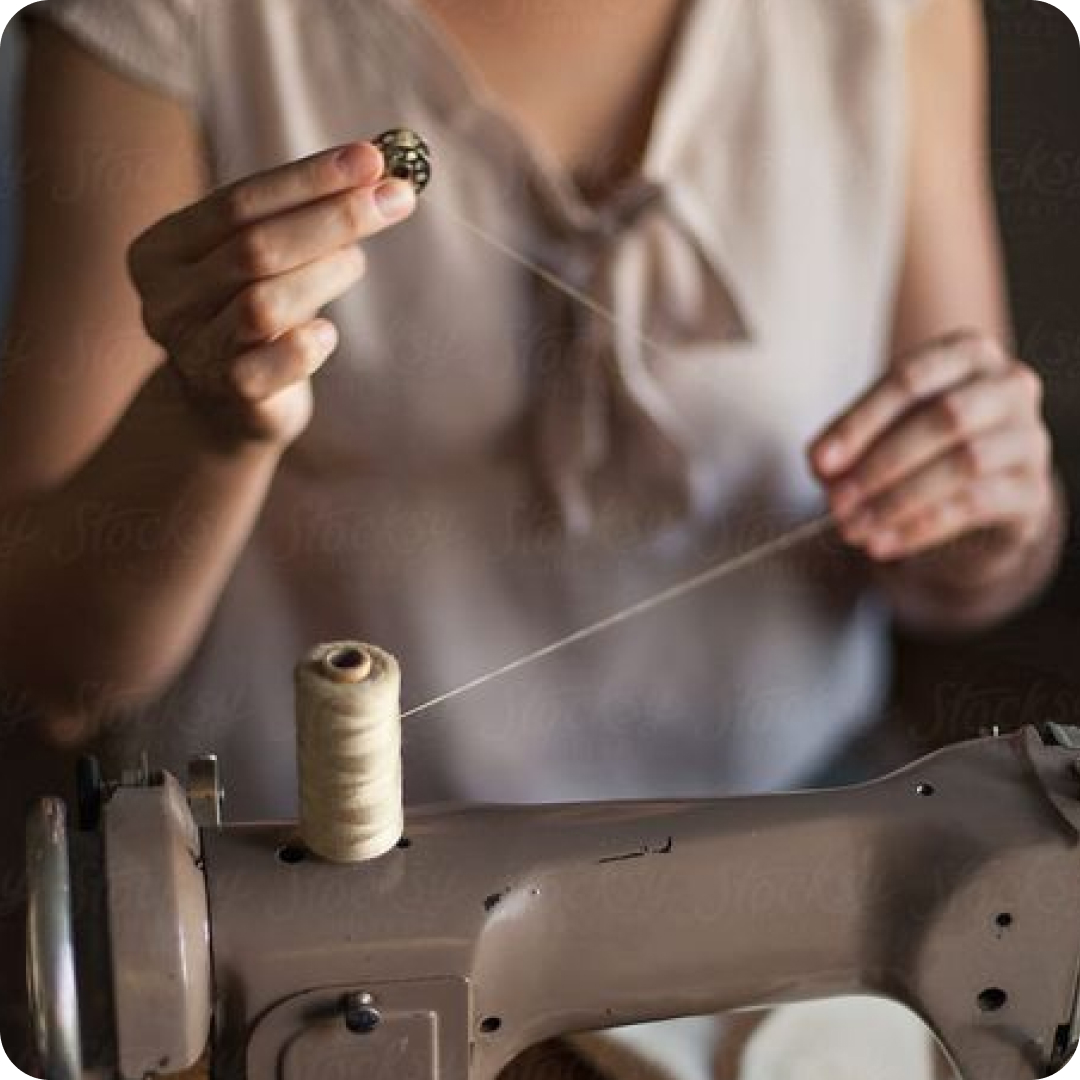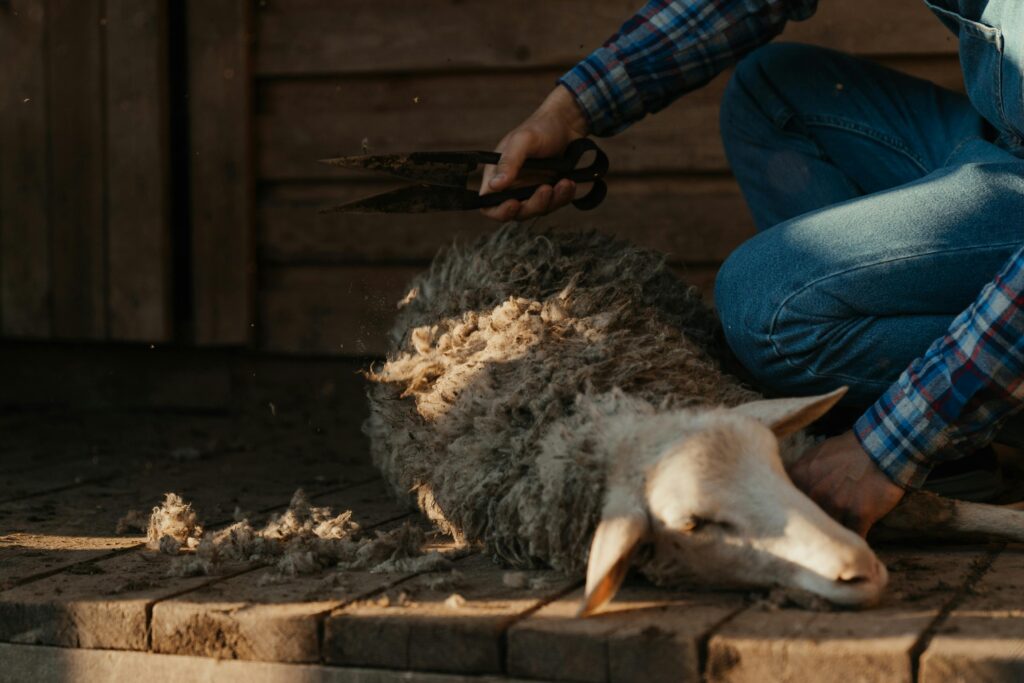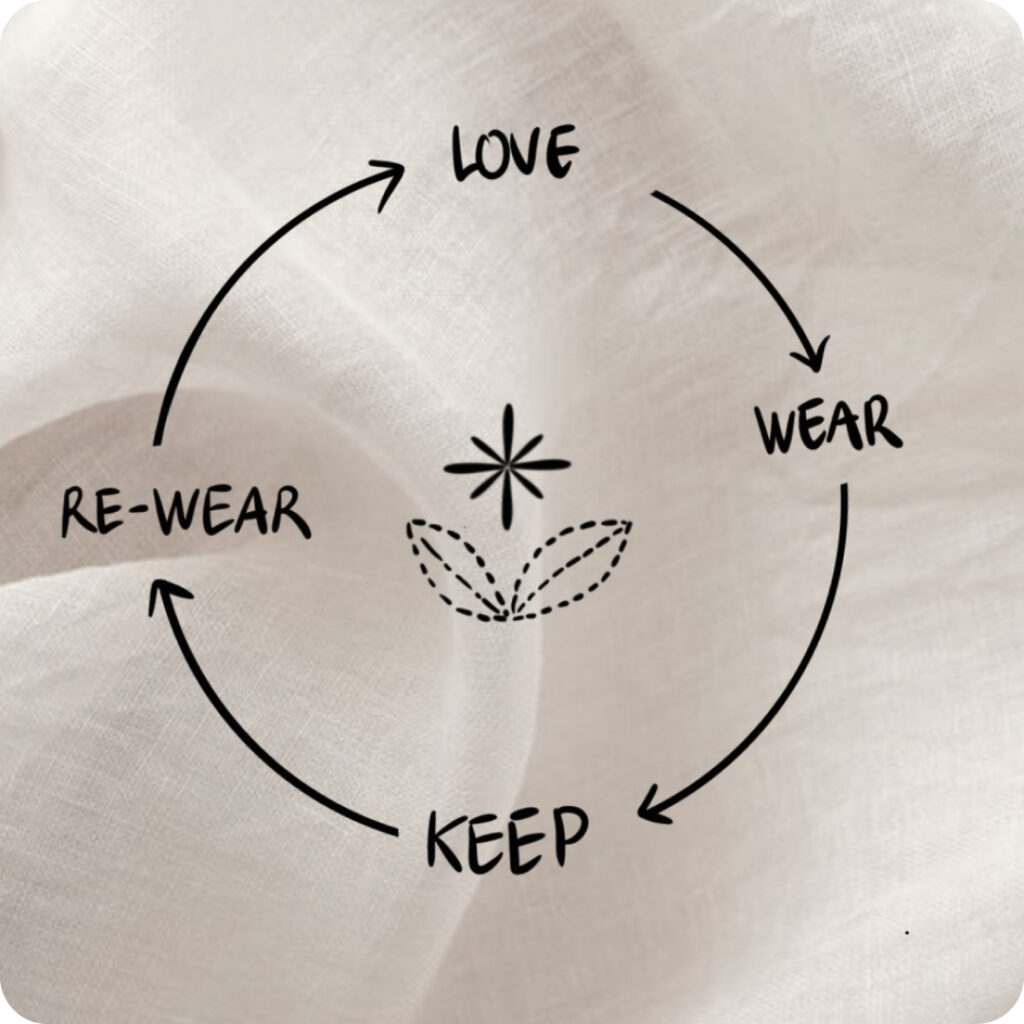Animal Rights in Fashion: Ethical and Vegan Clothing
The fashion industry, traditionally known for its glamorous yet often ethically questionable practices, is undergoing a significant transformation. An increasing number of consumers and designers are rallying for animal rights, advocating for the use of vegan clothing and cruelty-free materials. This shift is not just about changing materials but reinventing the fashion ethos to respect all forms of life.
Understanding the Impact of Vegan Clothing
Vegan clothing refers to garments made without animal products. This includes avoiding materials such as leather, fur, silk, and wool which are commonly used in the fashion industry.
The utilization of vegan fabrics is both morally sound and decreases reliance on animal-derived textiles. (Internet Source)
Material Innovations: Innovations such as synthetic leathers made from pineapple leaves and mushroom-based fabrics are paving the way for durable and stylish alternatives to traditional animal-based materials.
Consumer Awareness: As awareness about animal welfare and the environmental impact of animal-derived materials increases, more consumers choose vegan clothing to align their shopping habits with their ethical beliefs.
Designer Adoption: High-profile designers are embracing vegan materials, thus influencing the industry at large and incorporating these cruelty-free alternatives into mainstream fashion.
Ethical Fashion: More Than Just Materials
Ethical fashion encompasses a broader commitment than just using animal-friendly materials. It includes fair labor practices, sustainable production methods, and a transparent supply chain.
Fair Labor Practices: Ethical fashion brands commit to fair labor conditions, ensuring that all workers in the supply chain are treated with dignity and paid fair wages.
Sustainability: Incorporating sustainable practices, these brands minimize environmental impact by reducing waste, water, and energy usage.
Transparency: Ethical brands often provide transparency in their manufacturing processes and sourcing to ensure consumers that their purchases support positive practices.
Exploring Cruelty-Free Materials in Depth
Cruelty-free materials are manufactured without conducting any experiments on animals or incorporating animal-derived ingredients. These materials play a pivotal role in driving the progress of animal rights within the fashion industry.
The garments are crafted using vegan fabrics. (Internet Source)
Plant-Based Fabrics: Materials such as organic cotton, linen, and hemp are not only cruelty-free but also offer lower environmental footprints compared to conventional farming methods.
Recycled Synthetics: Utilizing recycled plastics and other non-animal-based synthetics reduces reliance on virgin resources and supports a circular economy in fashion.
Innovation and Technology: Technological advancements are continually pushing the boundaries, creating new materials that meet both aesthetic and ethical standards without compromising on quality or durability.
Navigating Vegan Fashion Outlets
As demand for vegan and ethical fashion grows, so does the number of outlets that specialize in these products. From online stores to physical retail spaces, these outlets are crucial for making ethical fashion accessible to a broader audience.
Dedicated Vegan Outlets: These are stores that specifically stock vegan and cruelty-free fashion items. They often also advocate for animal rights and environmental issues, providing a platform for education and activism alongside commerce.
Mainstream Adaptation: More traditional fashion outlets are beginning to carry vegan and ethical fashion lines, responding to consumer demand and ethical imperatives.
Online Platforms: The growth of online retail has been pivotal in democratizing access to vegan and ethical fashion, allowing consumers from all over the world to make choices that align with their values.
Conclusion: The Future of Fashion with Animal Rights at the Forefront
The intersection of animal rights and fashion mirrors a wider societal transition towards ethical and sustainable principles. Through their endorsement of vegan apparel, cruelty-free materials, and ethical fashion retailers, consumers play an active role in a movement that embraces the sanctity of all life. As this trend gains momentum, it has the potential to revolutionize the fashion industry, envisioning a future where fashion embodies both style and empathy, fostering a conscientious and compassionate approach to clothing.

